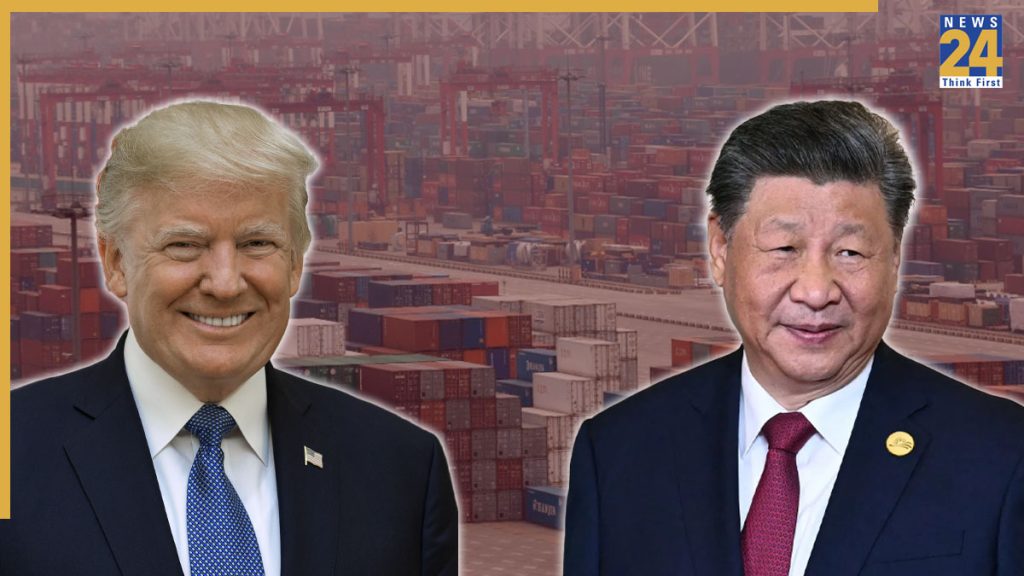On Tuesday, China announced the implementation of new special port fees on U.S. ships docking at its ports, escalating the ongoing trade tensions between the two nations. These charges, intended to protect the interests of the Chinese shipping sector, apply not only to U.S.-flagged vessels but also to any ships owned or operated by entities that have at least a 25% stake from U.S. enterprises or individuals.
According to a statement from China’s Ministry of Transport, the special port fees will begin at 400 yuan (approximately $56) per net ton, with annual increases scheduled for the following three years, commencing on April 17. This move comes as a direct response to the U.S. introducing additional port fees on Chinese vessels starting October 14. The Chinese Ministry claims that the U.S. actions violate World Trade Organization (WTO) rules and the existing maritime transport agreement between the two countries, leading to significant disruptions in their maritime trade relations.
The backdrop of these developments involves intensifying trade tensions sparked by China’s announcements to tighten controls over rare earth exports—a critical resource in various industries, particularly technology. In retaliation to China’s measures, U.S. President Donald Trump threatened to impose a staggering 100% tariff on certain Chinese goods, alongside other restrictive actions that were set to take effect on November 1.
Furthermore, in light of these escalating tensions, China’s Foreign Ministry spokesperson, Lin Jian, stated that the country would take necessary measures to protect its “legitimate rights and interests.” He criticized the U.S. for its recent sanctions and insisted that the approach of imposing high tariffs is inappropriate, urging the U.S. to adhere to previously reached agreements between the leaders of both nations.
This unfolding situation underscores the fragile state of trade relations between China and the U.S., characterized by a cycle of retaliatory measures and heightened economic hostilities. As both nations grapple with asserting their interests on the global stage, the ramifications of such trade disputes are likely to resonate in various sectors, impacting global supply chains and economic stability.










